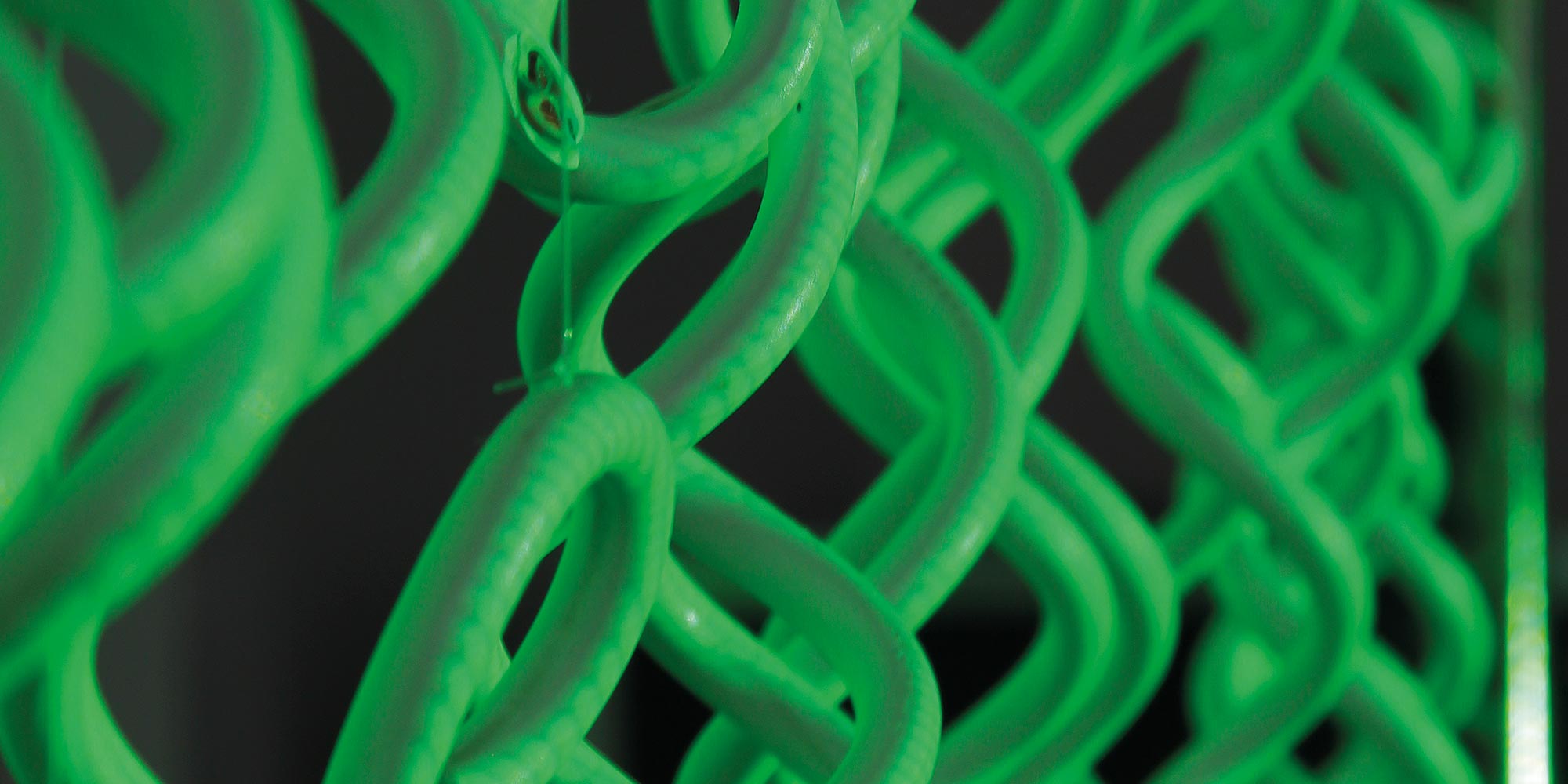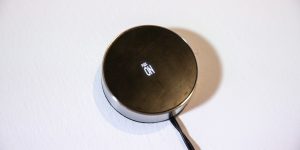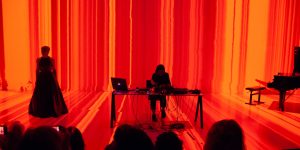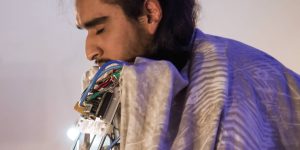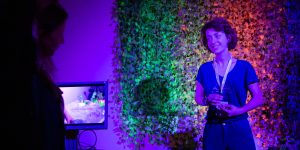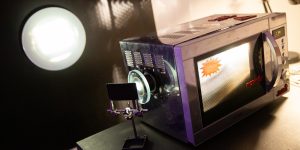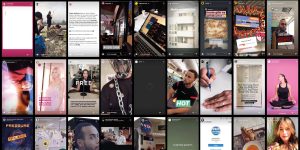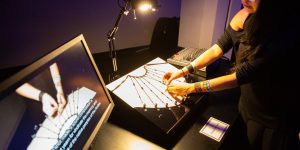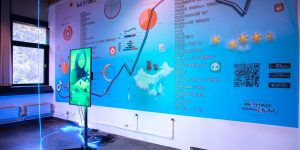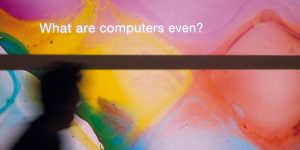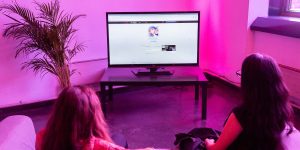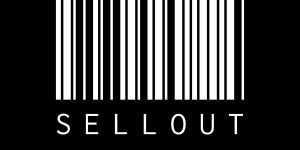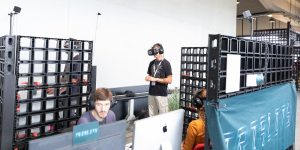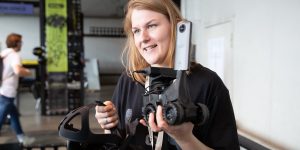A call to fiction and to new translation processes of our reality
Curators: Manuela Naveau (AT), Fabricio Lamoncha (ES), Maša Jazbec (SI)
“Is it possible that reality not only overtakes fiction, but precedes it, even anticipates it, in order to repair the damage that fiction will do in the first place?”
Umberto Eco, The Foucault Pendulum
We are told: Our world is changing, our ideas and needs are changing and we are changing. Dystopian visions of our future life on this planet face optimistic, mostly technology-driven promises of salvation and we are right in the middle, driven by powers and markets, desperately trying to orient ourselves.
Lev Manovich postulated at the beginning of the new millennium that we should turn to computer science to understand the logic of the new media, the new logic of our world. He already introduced the concept of “cultural transcoding” and referred to the universal possibilities of language, translation and interpretation that computer codes provide in connection with corresponding devices and also to the cultural new conception that manifests itself through our thinking and language on the basis of ontology, epistemology and pragmatics of the computer. Manovich wrote his book “The Language of New Media” in a pre-Smartphone era. The question that arises almost twenty years later is: What importance is (still) given to transcoding, translating, transforming? In other words: do we transcode because we want to and because we develop the tools ourselves, or are we manipulated in this direction with superior tools?
Transcoding, a term from computer science, is the invitation to our exhibition of young artists from the Interface Cultures department of Art University Linz on the one hand and to a possible active transformation of our thinking, functioning and “fictioning” on the other. Because transcoding in the conventional sense means the direct conversion from one digital coding to another, which usually does not take place without loss. But doesn’t loss mean a limited way of seeing? A view based, for example, on values such as “the original”, “the first and true”? What if we engage in a transformation process that respects the original but greatly appreciates the benefits of the new readability of the converted content? To what extent should a transformation not also question existing dispositives and not condition transcoding processes as well as imagination, the courage to fiction and the abandonment of reality and its security norms? Referring to Umberto Eco’s cynical opening statement: Yes, it is possible! Because we trust in anticipatory knowledge and are subject to the misbelief of having to correct everything in advance that could happen to us in the future. We sacrifice our imagination to a dead end reality and feel at the same time empowered to do so. But don’t we need fictions, illusions and thought constructions that can only be based on newly translated realities?
Knowing that technology will not save our world, we call for unsecured transcode! The Interface Culture Department of the Linz University of Art and Design is celebrating its 15th anniversary within the 40th anniversary of the Ars Electronica Festival. Reason enough to embark on a comprehensive transformation process and to examine processes of transcoding in particular and in general in the form of an exhibition, performances and presentations as well as discursive approaches.
Overview of projects
Project Credits:
- Text: Manuela Naveau
- Christa Sommerer
- Laurent Mignonneau
- Manuela Naveau
- Maša Jazbec
- Fabricio Lamoncha
- Michaela Ortner
- Gertrude Hörlesberger
- Isabella Auer
- Sofia Braga
- Wesley Lee
- Onur Olgaç
- Giacomo Piazzi
- Antonio Zingaro
- Supported by the Federal Ministry of Science, Research and Economy under the Higher Education Structural Fund Austria.
- CURLY CABLE supported by Conrad.
- A REACTIVE POETRY MACHINE realized with the generous help of Giacomo Piazzi.
Biographies:
Maša Jazbec (SI), is an intermedia artist, curator and academic researcher. She holds a Ph.D. in human informatics, attained at the University of Tsukuba (Empowerment Informatics program) and MA in interactive art, achieved at Interface Culture program at the University of Arts and Design Linz, Austria. She is engaged and committed to the vision and execution of the Trbovlje New Media Setting project in Slovenia, and organizes projects and events integrating science, art, technology and society at the international new media culture Speculum Artium festival. She was a visiting researcher at Ishiguro Laboratory at ATR, Kyoto in Japan. Her projects, exhibited as artworks, have always shown her understanding of new media as a research artistic practice, stemming from artistic and scientific thought, linked to the current situation in the contemporary society. Her latest research interests are mostly focused in social robotics and android science. She presented her research at conferences such as Computer Human Interaction 2016, Human Robot Interaction 2017, ISEA 2017 and System Man and Cybernetics IEEE 2017.
http://www.masajazbec.si/
Fabricio Lamoncha (ES) is an artist, designer and researcher. His practice explores the entanglements of media ecology and bioethics. After graduating Master of Arts at the Kunstuniversität Linz, he joined the Design Research Lab, Universität der Künste Berlin, leaded by Professor Gesche Joost. Since 2016 he is back as Assistant Professor at the Interface Cultures Master, Kunstuniversität Linz, program leaded by Professor Christa Sommerer and Professor Laurent Mignonneau, and in 2018 he started his PhD research under the supervision of Professor Sommerer. He is member of the UCLA’s Art|Sci Center, leaded by Professor Victoria Vesna, and regular instructor at the Sci|Art Lab+Studio summer program. His work has been exhibited internationally and awarded with the Art and Artificial Life International Award Vida14.
https://fabriciolamoncha.com/
Manuela Naveau (AT) is artist and curator of Ars Electronica Linz and together with the artistic and managing director Gerfried Stocker she developed Ars Electronica Export. She teaches at University of Art and Design Linz as well as at the Paris Lodron University in Salzburg and the Danube University Krems. Her research investigates networks and knowledge in the context of artistic /scientific research methods and practices. Her book „Crowd and Art – Kunst und Partizipation im Internet“ (Crowd and Art – Art and Participation in the Internet) has been published in 2017 in transcript Verlag, Germany. The book is based on her dissertation, for which she received the Award of Excellence from the Austrian Ministry of Science, Research and Economy in 2016.
http://www.manuelanaveau.at/
http://www.crowdandart.at/
